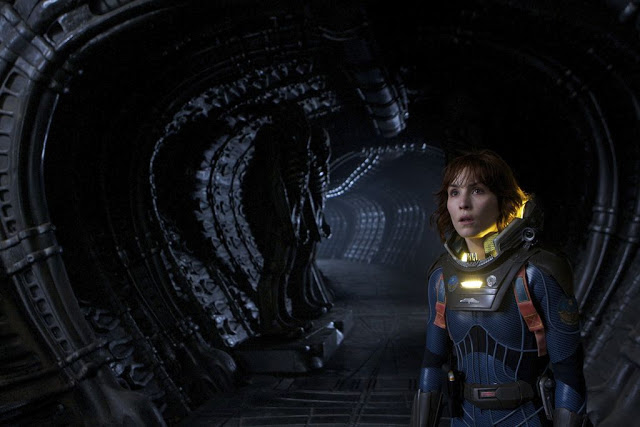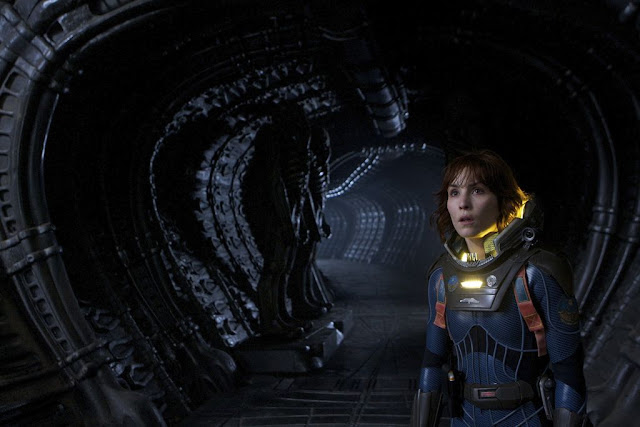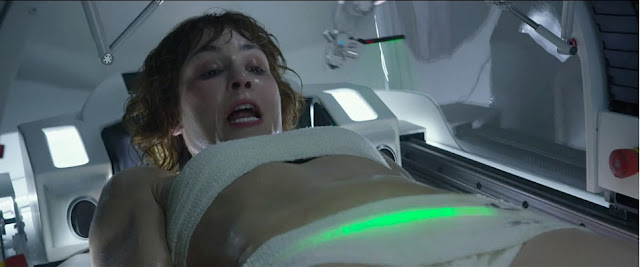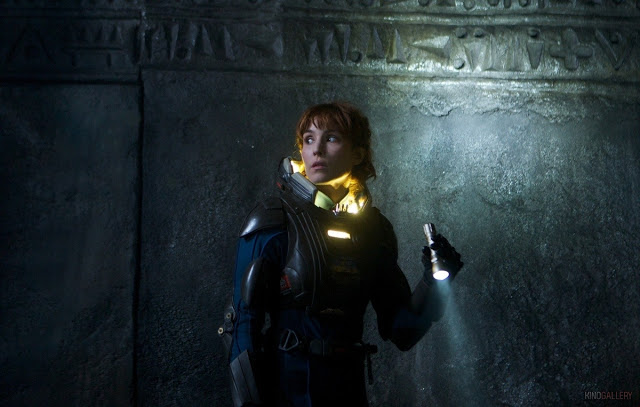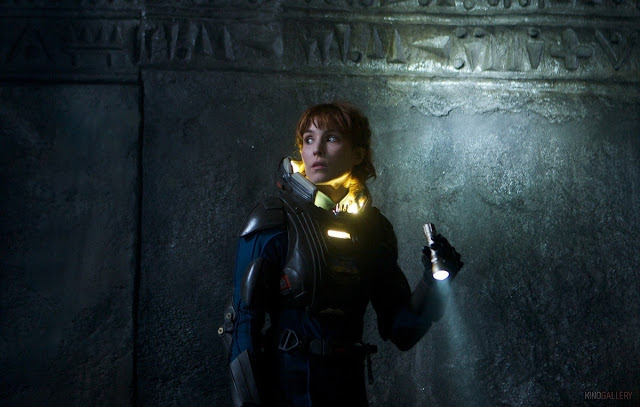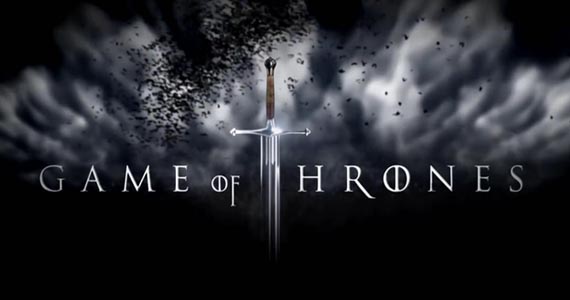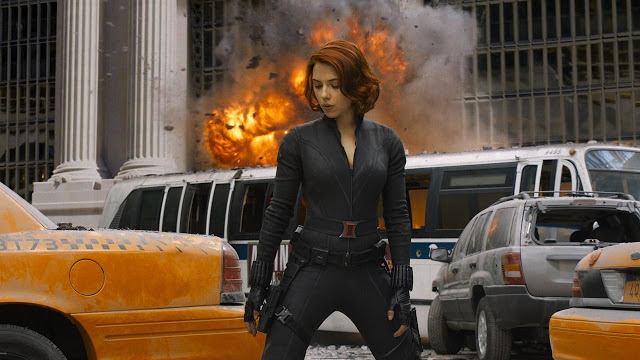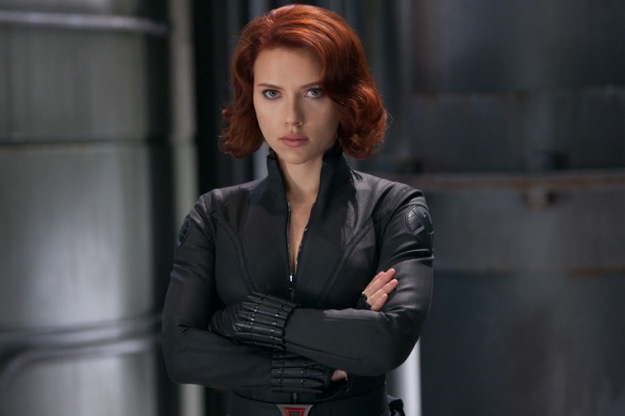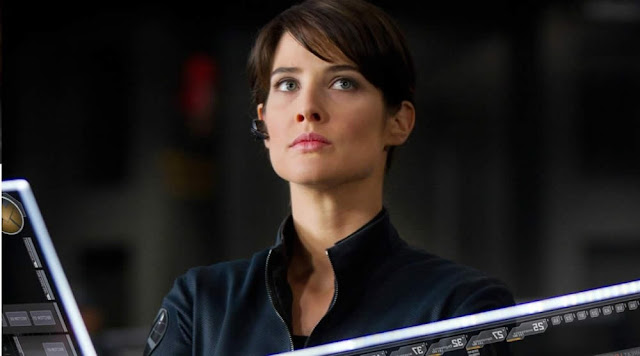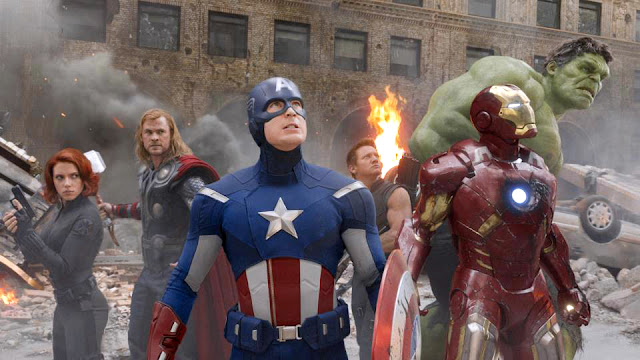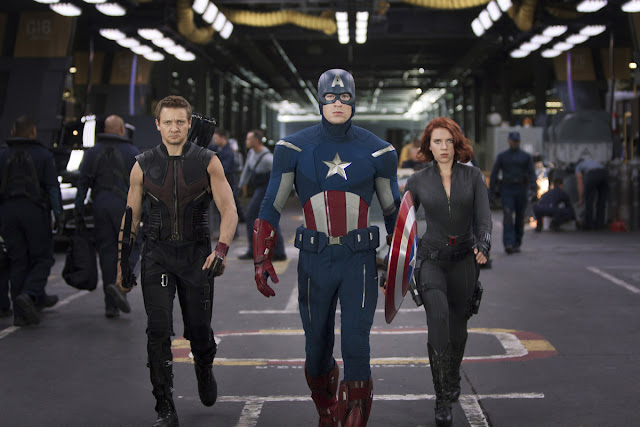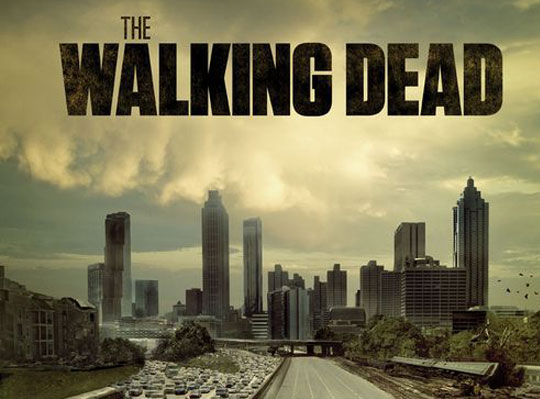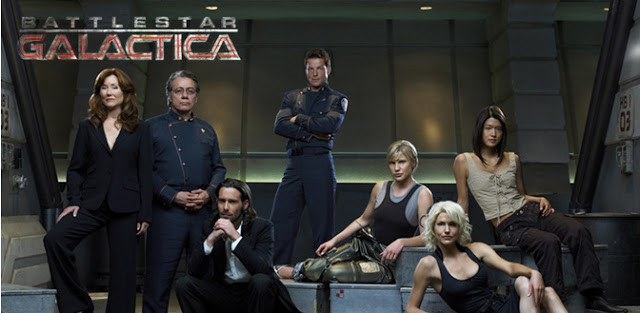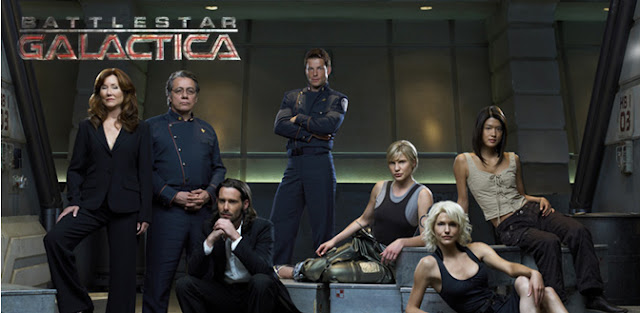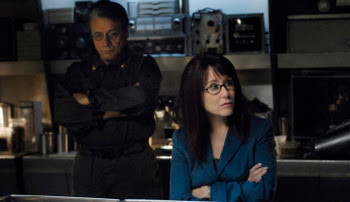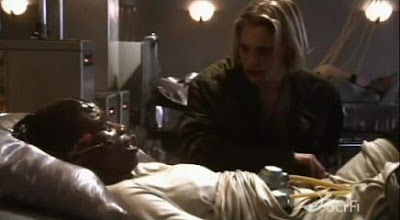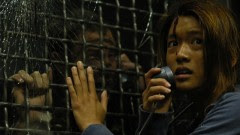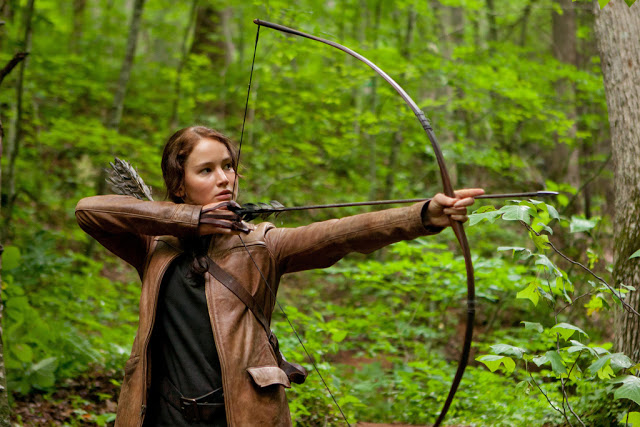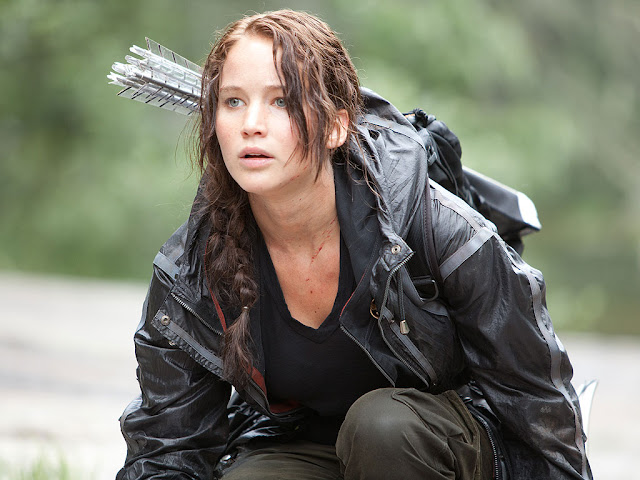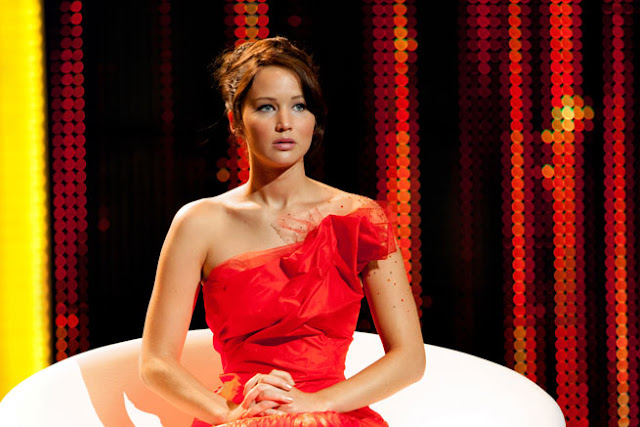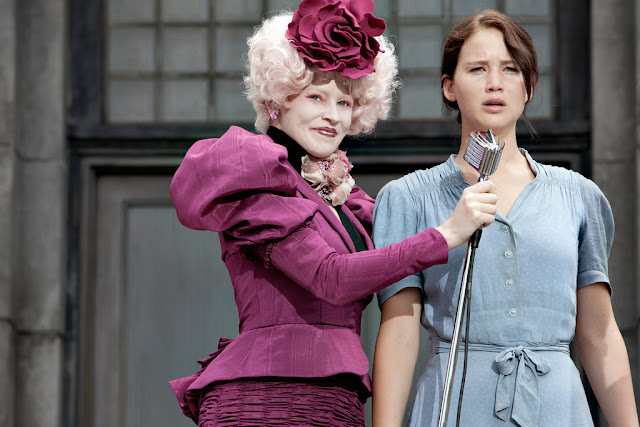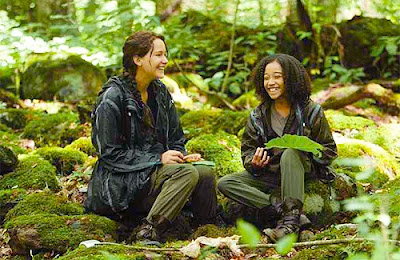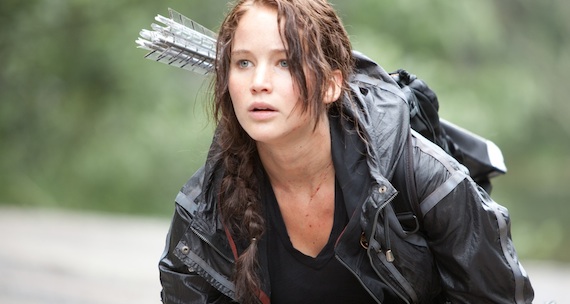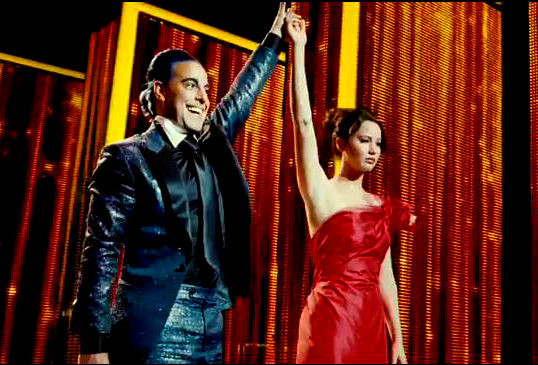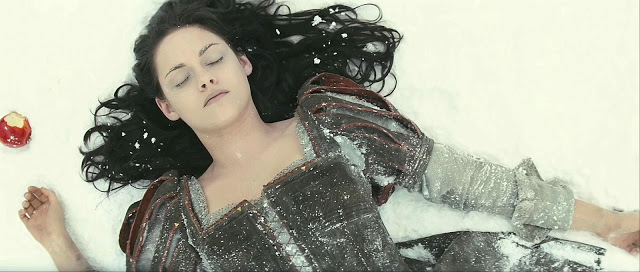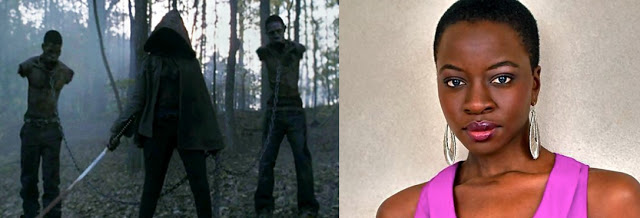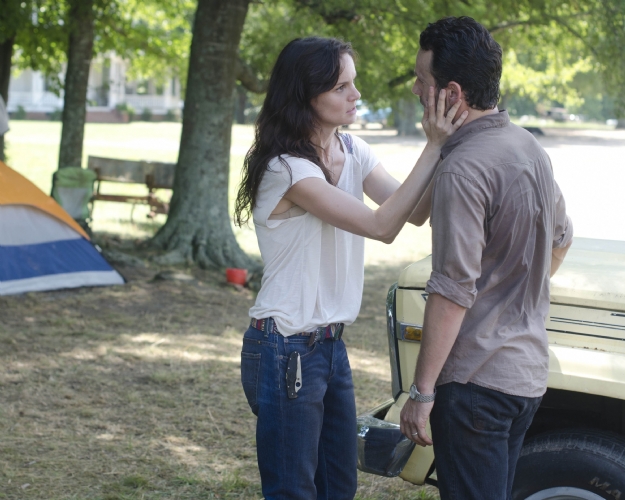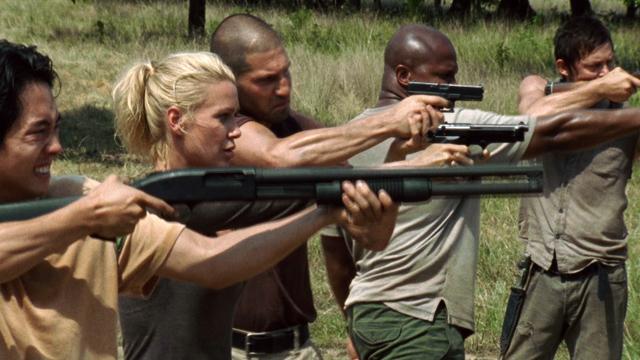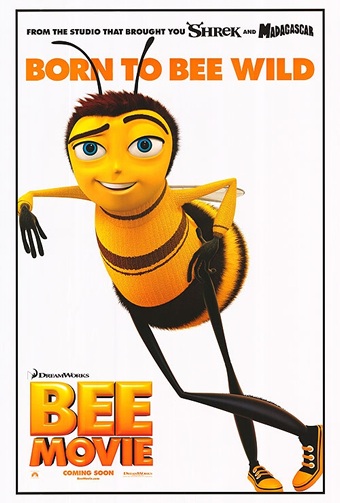“No third person,” says the cis therapist paternally, jumping to her role, which is of course to moderate the way that the trans woman experiences her gendered self.
“My son,” the trans woman agrees, because she is a good trans woman, one which the audience is supposed to respect and admire, except wait–isn’t that Felicity Huffman, who is totally not a trans woman at all? Psyche! You’re watching Transamerica, and director Duncan “wow, trans women really don’t look like Daniel Day Lewis in a dress?!?” Tucker is about to teach all you trans women in the audience how you need to behave in order to become a real woman!
Cissexist ideas are built into the structure of Transamerica. I’ve criticized the trope of the “journey” before in cis narratives of trans lives–cis people love to tell us about our trans “journey.” They love asking how it’s going, telling us how much they support us in it, that whole party line. Now, this movie is literally about a woman going on a cross country road trip so that she can get bottom surgery–and thus, within the film’s cissexist logic, become a “real woman.” She has to do this because she’s got a kid from an affair back when she was still presenting as male, and in order to satisfy her therapist that she’s ready to get surgery, she needs to deposit this kid on the West Coast.
You don’t really have to watch this movie to know it’s going to be a real winner. Just read an interview with the director, then imagine what kind of movie a guy like this would make about a trans woman. He pulls out gems like, “I did a lot of research on transgender women, and most of them don’t look like guys in dresses.” Better yet, that quote is a response to a common query: why on earth cast Felicity Huffman? After all, Calpernia Addams appears in a brief scene, along with a couple of other transgender actresses. Why not cast Calpernia? It’s a mystery. Tucker puts forth that he did his “due diligence” upon discovering that there were “a couple transgender actresses in Hollywood”–what a shock. He also insists that the “couple of transgender actresses” he found “were closeted.” Considering that out transgender actress Calpernia Addams is clearly out, transgender, and in fact in his movie, the mind of Duncan Tucker is simply not to be understood. I will not try. Instead, let’s talk about the real reason Felicity Huffman plays this role.
Tucker says he was looking for “someone who could do stealth–not someone who was going to look like a guy in a dress. . .someone you look at and say, ‘She could be a woman.'” In the context of his casting choice, this quote becomes a kind of post-structuralist gender theory slapstick. Tucker cast a woman, because he was looking for someone who looked like they could be a woman? De Beauvoir called. She wants her famous quotation back. He cast a cis woman specifically, because clearly in this logic, trans women don’t look like they could be women. Or they’re in such deep stealth that they would never want to play a trans woman. The fact that both of these possibilities are disproved by the presence of Calpernia Addams in the film again seems to bother Tucker not at all–after all, he needn’t pay attention to the trans bodies already in the world when he has trans bodies of his own to construct.
Huffman was cast so that Tucker could make her into the transsexual he wanted. He needed a woman, because he is telling a heartwarming story about how Bree–the trans character–turns out to be really a woman after all. Paradoxically, Tucker needs a cis woman, because cis women are the only valid women, to play a trans woman in a movie in which trans women are proved to be valid women. In a story where we’re accepted, our bodies can’t be seen. Only a false version of a transsexual can be accepted, a parody. Tucker’s poisonous brand of “acceptance” cancels our bodies out.
Before Huffman can look plausibly trans, she has to be uglified, and that uglification interests me. The trouble with casting an actual trans person is that we don’t necessarily look like what Tucker has decided he needs a transsexual to look like, but a cis person–Tucker can make her look as hideous as he likes, all in the name of realism! When Transamerica came out in 2005, you may remember how much of the press revolved around the character’s ugliness. Felicity Huffman laughed about how deprecating it was to have to wear all that ugly makeup in interview after interview. In character, she’s caked with goop designed to make her look “trans,” a word which here means, “a little bit manly and a lot aesthetically unpleasant.” In the best example of the film’s “Come See Our Movie About a Hideous Transsexual” school of publicity, the US DVD cover is holographic: tilt it one way, and you have Huffman looking red carpet ready, but tilt it the other and you have her as she appears in the film, frumpy and square-jawed. (Memo for your edification: trans women are frumpy. Duncan Tucker told me.)
 |
| DVD cover for Transamerica |
This gimmick mystifies me–what’s it trying to say? That at the beginning of the movie Bree looks one way, but at the end she transforms from an ugly duckling into a beautiful swan? Because she doesn’t. At the film’s end, she looks more or less the same, which in itself contradicts the rest of the film’s logic. According to the cis concept of how surgery works, one is not a real woman before and is a real woman afterward. Transamerica supports this narrative in which a trans woman goes under the knife and comes out a different person–Bree’s whole raison d’être is obtaining surgery, and at one point she actually says, and I quote, “Jesus made me this way so I could suffer and be reborn the way he wanted me.”
Sure, at that point she’s pretending to be a missionary, which she really isn’t–this movie’s plot is just as much a gem of shit as the rest of it–but Huffman acts so goddamn much in the scene that we’re clearly supposed to assign a measure of emotional reality to the moment. But after her surgery, there Bree is, looking the same, and not reborn at all, because the film also has to fulfill the cissexist belief that trans people are irretrievably trans, irretrievably ugly, even if we don’t look like Daniel Day Lewis in a dress. The Daniel Day Lewis in a dress comparison, by the way, is an actual Tucker original.
There’s only one major difference between Bree pre-surgery and Bree post-surgery, actually: now she’s fit for the public cis eye. We see Bree at work at the beginning of the film in back of a restaurant washing dishes, and by the end, she’s moved up to waitressing. She even talks to some people! Which is a relief, because it’s established early on that Bree’s only connection with humankind is that horrible cis therapist I mentioned before. Where are that woman’s ethics, anyway? When did it become proper practice to require a trans woman to take her son on a road trip before you write her a surgery letter? I don’t know; I wish I could say I found this part of the movie implausible, but cis people, you never know. The point is that before her surgery, Bree is too hideous to go out in public and make connections, but at least bottom surgery changes that. THANK GOD.
As trans women invariably are when they aren’t fetishized, Bree is desexualized. In the whole film, we see her flirt once, schoolgirlishly–which is fitting with the style of dress the filmmaker has given her. Said style entails a wardrobe like a sixteen-year-old Mennonite who has just left the church and discovered the color lavender, and is milking her newfound glory for all it’s worth. I have never seen a trans woman who dresses like this. I have never seen a cis woman who dresses like this. According to an interview with Huffman, it’s because Bree orders her clothes from catalogues rather than buying them in shops, because as we all know trans women are unable to buy clothes in public? I’m joking–obviously this is an issue trans women face, but I have yet to meet one who dealt with it by dressing like a cross between a nun and the original 1950s Barbies. By the way, it’s heavily implied that she’ll be able to go back to the man she flirts with after surgery and have a Real Relationship at last. This is because if trans people attempt to have a romantic relationship without getting bottom surgery, we combust.
You know Julia Serano’s seminal trans feminist text, Whipping Girl? You know those machines from cartoons where they’d put the good guy in and the evil version of him would come out? Transamerica is what you get when you put Whipping Girl into one of those machines. In her book, Serano talks about the scenes in media featuring trans women where the trans women put on makeup, clothes, breast forms, and how those scenes exist to remind cis people that trans women are not “real.” Well, Transamerica fulfills its Trans Woman Putting on Lipstick Quota within the first twenty minutes, so you know this is a quality production.
Seriously, this is one of the most misogynistic films I have ever seen: over and over, we see Bree reduced to her body. And what can be more misogynistic than a woman reduced to her body? At one point we even see how damn irrational that womanly estrogen is making her! It’s spotlit in the dialogue, so you can be sure. I’m not sure if all the readers here have encountered the word transmisogyny before, but it is vital vocabulary, and it’s exactly what this movie is riddled with. Transmisogyny is misogyny that’s directed towards trans women, specifically predicated upon their trans status. Trans women experience garden variety misogyny as well, but transmisogyny is specific. When we decide that a woman has to have a certain type of genitalia in order to be acceptable for public view and human relationships, that’s transmisogyny. When we decide that trans women have to enact 50s Mennonite Barbie gender roles in order to look like women, that’s transmisogyny. When we support transmisogyny, we support misogyny; transphobia is a tool of patriarchy. Gee, it sure is nice up here on this soapbox–I’ll just recommend some blogs that get this on the nose and carry on talking about the movie.
At some point in the movie, there is a plot. It seems to involve a mother/son relationship. Kevin Zegers does a good job as the gigolo son, presumably by spending the entire shoot pretending that he’s playing a disaffected hustler in My Own Private Idaho and not this disaster. Kevin Zegers is also SUPER hot, and his beauty combined with his performance makes him the best part of the movie except for Dolly Parton’s theme tune, “Travellin’ Thru,” which is a song by Dolly Parton and thus flawless by nature.
I do not recommend this film. If you feel you must consume it in some capacity, may I suggest distilling the essential elements of the experience? Call up the most transmisogynistic person you know and have them talk to you about what they think bottom surgery signifies. While they talk, look at pictures of Kevin Zegers looking wounded and hot, and listen to “Travellin’ Thru” in one headphone. All of the Transamerica with none of the hassle!
———-
Stephen Ira is a trans femme-inist poet and activist. He has poems forthcoming in EOAGH and Specter Magazine and short fiction forthcoming in The Collection from Topside Press. He blogs about politics at Super Mattachine on WordPress.

